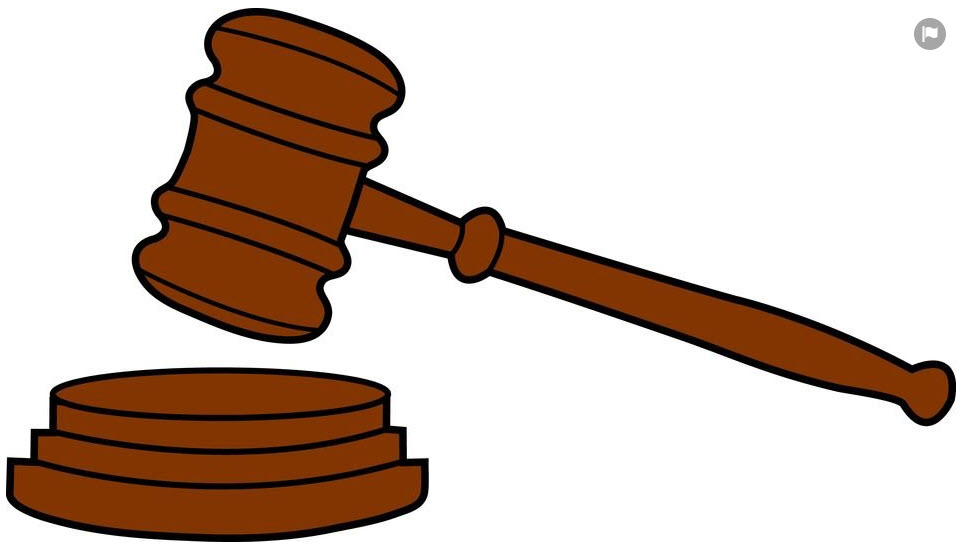How Long Does it Take to Evict a Tenant in Maryland?
In the state of Maryland, there are multiple ways to evict a tenant from your property: Failure to Pay, Breach of Lease, Hold-Over, Wrongful Detainer, etc. This article will focus on the Failure to Pay process and the specific rules and procedures set forth by the state that landlords or property managers must follow (see Md. Code Ann. [Real Prop.] § 8-401).

First, it is illegal for a landlord or property manager to attempt to remove a tenant without having a judgment from the court allowing the eviction to occur. This means a landlord or property manager cannot force a tenant out of the rental unit by using threats, coercion, changing the locks on the doors or windows, or shutting off the utilities. If a tenant fails to pay the rent on time (per the date specified in the lease) the landlord may immediately begin the eviction process, in the county or jurisdiction where the property is located. In Maryland, the landlord or property manager does not have to notify the tenant that the eviction process has begun. The first notice the tenant may have is when they receive a copy of the filed court document. If the landlord or property manager tries to illegally remove someone without a judgement the tenant can sue them. Similarly, a landlord doesn’t have any power to use an eviction in retaliation against a tenant for filing a complaint or a lawsuit.
Follow Maryland Rent Court Laws & Procedures
When the landlord files a complaint for Failure to Pay Rent, the court will issue a summons to the tenant. In Maryland, there are three ways to serve a summons: by certified mail, by the Sheriff or Constable, or by a private process server. If requested, the Sheriff will personally serve the summons to the tenant, subtenant, or any person in actual possession of the property. If none of those persons can be found, the Sheriff may post a copy of the Summons in a visible place on the property. This document lets the tenant know the date, time, and place of the failure-to-pay hearing.

In a Failure to Pay case, the Limited Power of Attorney form you signed allows our Court Agents to appear on your behalf. If additional documentation is needed, the judge has the power to order an adjournment or continuance to allow either party additional time to get the necessary witnesses or documents. This is why it is so important for you to provide the most up-to-date lease, ledger, and rental agreement. At the close of the hearing, the judge or magistrate will rule on the landlord or tenants behalf. If the judge or magistrate decides in favor of the landlord the tenant has 4-days to appeal or vacate the property. If the tenant does not vacate the property within those 4-days the landlord can request a Warrant of Restitution. The Warrant of Restitution is the second step in the eviction process and must be filed within 60-days from the judgement date. If it is not filed within those 60-days the judgement for possession is no longer valid. Once a signed Warrant is returned to our office, from the Clerk of the Court, we will call and get the date for the physical eviction.
When you decide to work with Maryland Evictions Online and Calhoun Properties Group, LLC, you are making a decision to work with the best team. Don’t go it alone, we know the laws and regulations and will keep you from making tragic pitfalls within your investment portfolio.
